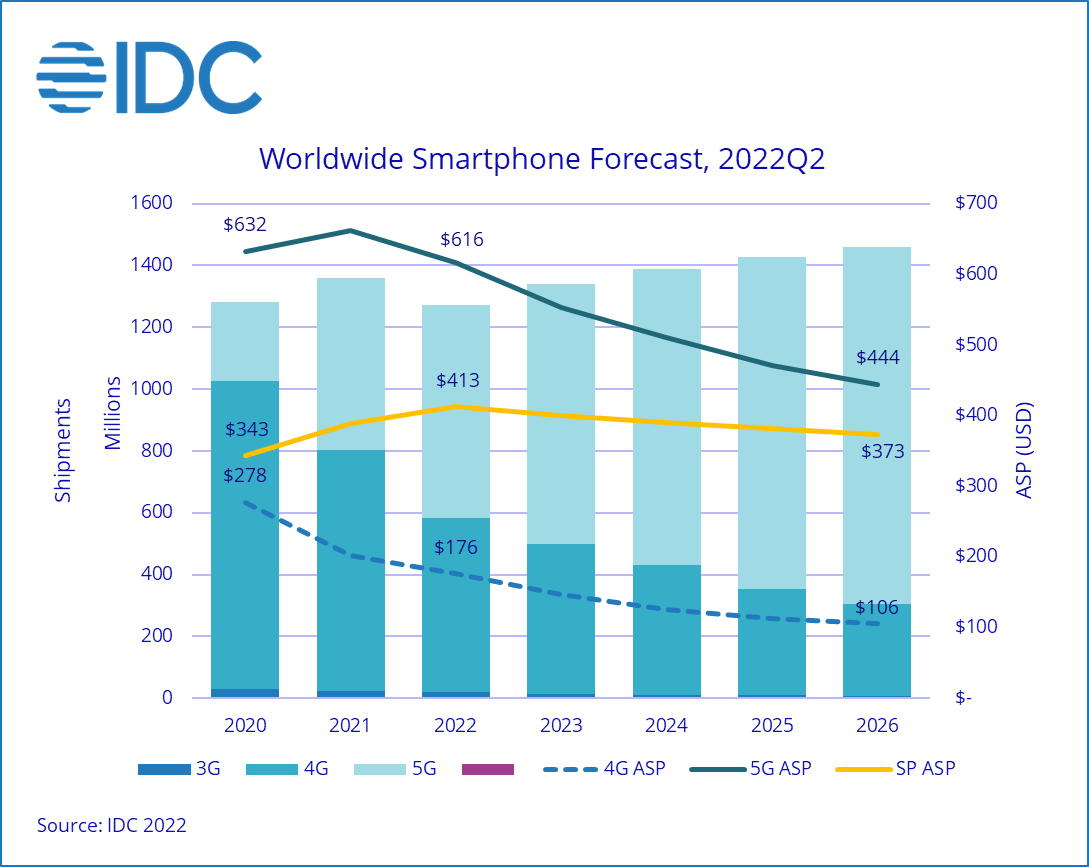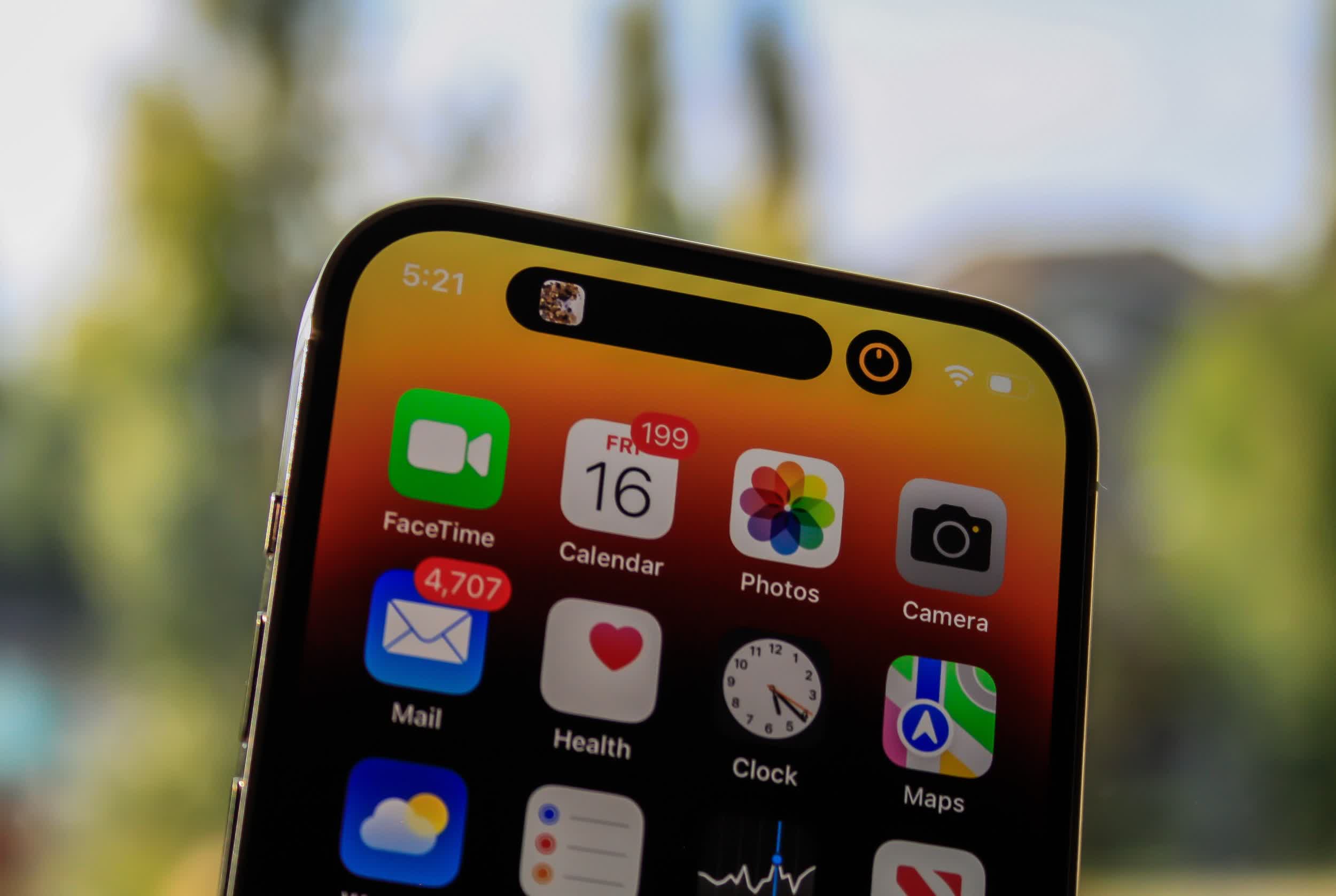The big picture: Apple is reportedly dialing back plans to increase production of its newly released iPhone 14 in the wake of lower-than-anticipated demand. Sources familiar with the matter told Bloomberg that Apple has instructed suppliers to rein in assembly by as many as six million units in the second half of 2022. The sources said Apple is now aiming to manufacture 90 million handsets through the end of the year, which is closer to Apple's original forecast over the summer and more or less mirrors the number of iPhone 13 models the company turned out during the same period in 2021.
One reason for the dip could be the economic slump that China is currently experiencing. According to a note from Jefferies, iPhone 14 sales over the first three days of availability were down 11 percent in China compared to its predecessor a year earlier.
Global economics including surging inflation and recession fears are also impacting the overall smartphone market. We went from an environment where supply constraints were pulling down the market to a demand-constrained market, said IDC research Nabila Popal.

According to IDC, smartphone shipments were down 8.7 percent in the second quarter - the fourth consecutive quarter of declining shipments. Worse yet, the research firm expect global shipments of smartphones to decline 6.5 percent to 1.27 billion for the full year.
Some of the sources said demand for Apple's higher-end Pro models is actually stronger than for the entry-level iPhone 14 and iPhone 14 Plus. In one case, a supplier is even shifting its focus from the cheaper models to the premium offerings.
Do your recent buying habits reflect this trend? That is, do you prefer to splurge on a flagship handset and perhaps keep it longer than you normally would? Or are you the type to regularly update your phone? Maybe you prefer to shop budget models to get the most bang for your buck? I'm still using a flagship I bought in 2016 but the lure of more storage, a bigger screen and better cameras could see me shopping in the not too distant future.
Image credit: James Yarema
